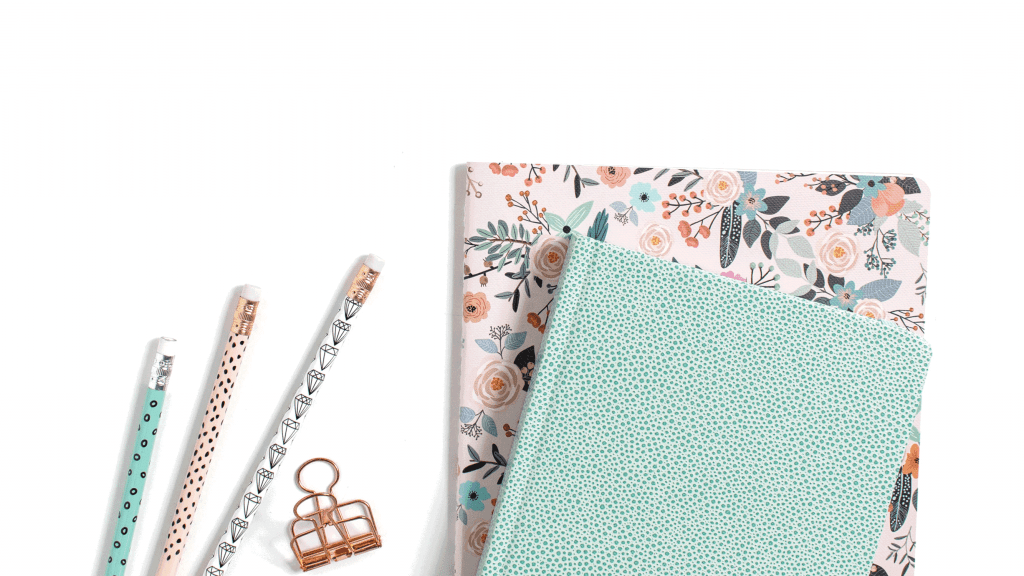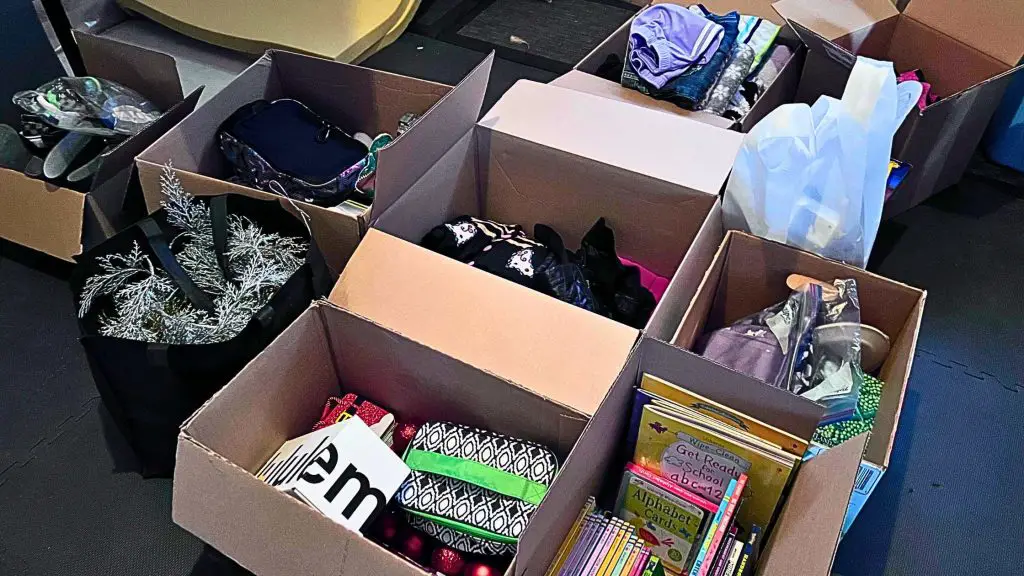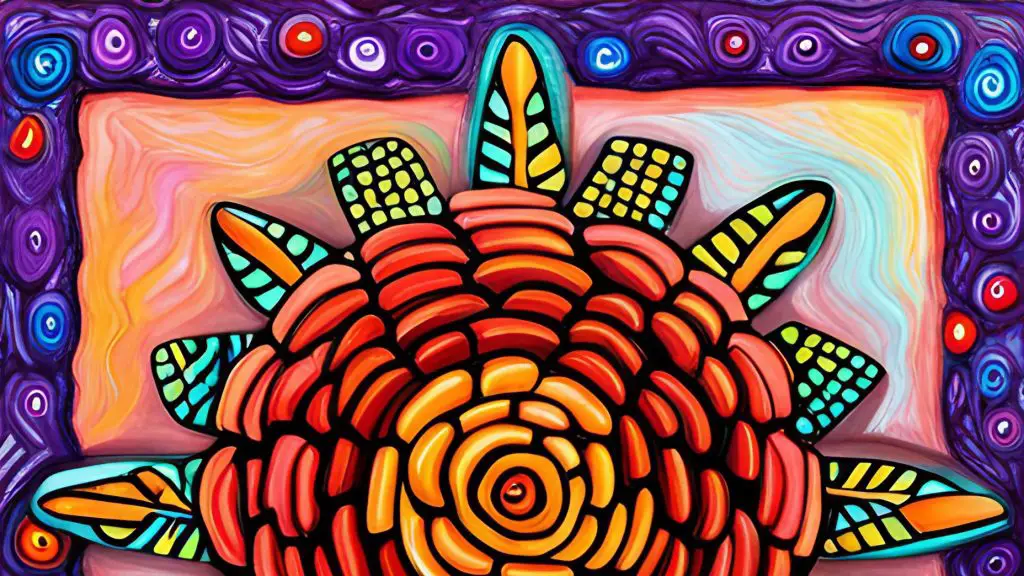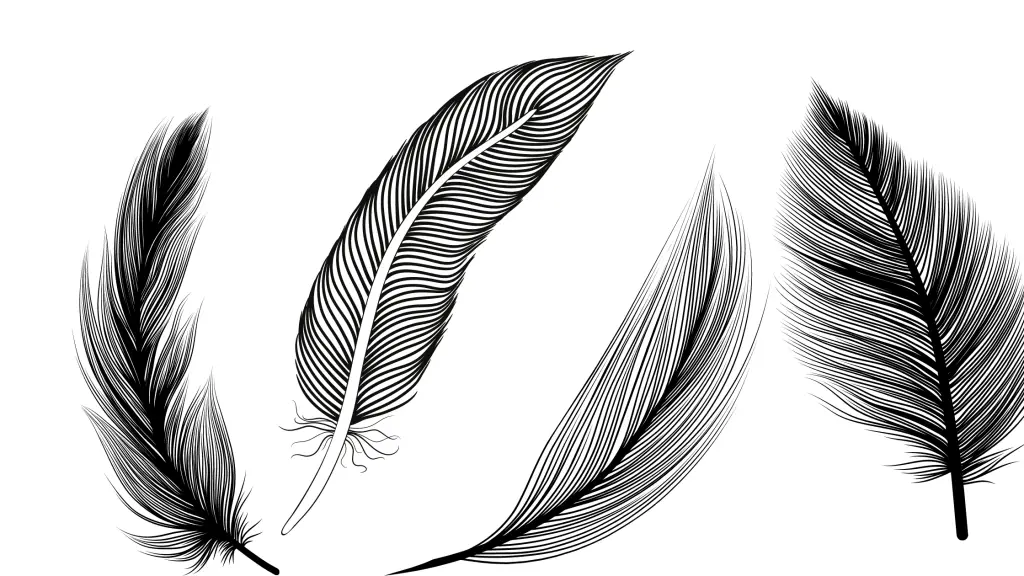Journaling has become a prevalent self-help practice over the last few years. People all over the world are discovering the creative and therapeutic benefits of keeping a journal. Perhaps it would be more accurate to say that the world is rediscovering this art, as diaries and journals have been around for almost as long as the written language.
You don’t need a significant amount of time, any fancy equipment or even a talent for writing. You only need to be committed to the process. Journaling is a highly personal process. As such, there are no universal rules that you must follow. Certain guidelines can be useful to help you get started. However, feel free to change these according to your preferences.
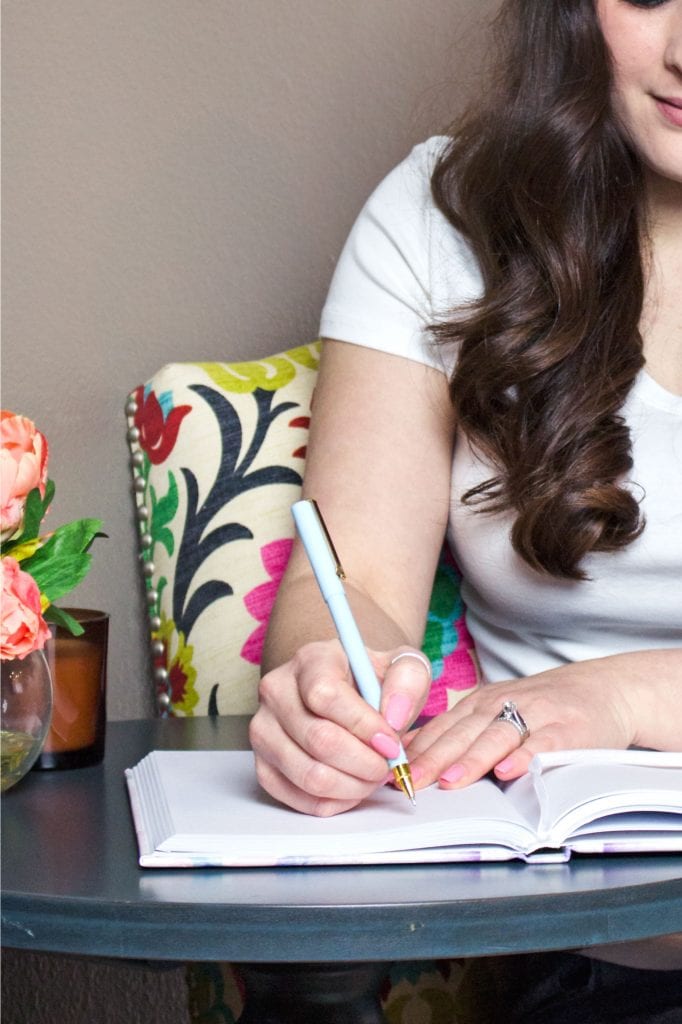
www.dianealkier.com is a participant in the Amazon Services LLC Associates Program, an affiliate advertising program designed to provide a means for sites to earn advertising fees by advertising and linking to www.amazon.com
Why Do You Want To Start Journaling?
Spend some time thinking about why you want to start journaling?
Do you want to get to know yourself better? Work out issues in your life? Have a creative outlet for your thoughts? Whatever the reason be clear on your journaling intentions. This will help guide your writing and be more productive.
All You Need is Pen and Paper
It’s hard to find a practice that requires fewer props than journaling. All you need is a journal and a pen. Although you can buy all kinds of journals from the basic to the elaborate, your journal can be anything that you can write on. While an ordinary piece of paper or even a paper napkin will suffice, it helps to have an actual journal or notebook so you can preserve your entries and keep them organized.
There’s no rule saying you must journal in the traditional sense of the word. You could type your entries using a desktop, laptop, tablet, or smartphone. Another option is a typewriter, whether a vintage mechanical one or an electronic model. You also can record your voice rather than write your entries down. This option is good for people who are visually impaired, cannot use their hands, or simply find it easier to express their thoughts by speaking them out loud.
There are advantages to the traditional method of writing with a pen, pencil, or marker. It gives you a chance to unplug from modern technology. Additionally, writing by hand activates a particular part of your brain called the reticular activating system, something that doesn’t happen when you’re typing on a keyboard. However, if you have limitations that make this difficult or impossible, you can certainly journal effectively using alternative means.

When and Where Should You Start Journaling?
The best place to do your journaling is wherever you’re most comfortable. It helps to find a place where you have some privacy, which can be your bedroom, study, a cafe, or your particular favorite spot. It doesn’t have to be the same place all the time. In fact, journaling in different locations can help to spark your creativity.
Your perspective alters somewhat depending on where you are. A natural setting helps you reduce distractions. A body of water, whether an ocean, lake or stream provides a relaxing backdrop. On the other hand, a busy location in the city can be stimulating.
There’s no one best time of day to write in your journal. You might try jotting down your thoughts when you first wake up in the morning. Right before bed is another possibility. It can also be whenever you’re motivated or have some spare time. One of the best times to journal is when you’re traveling. Trains are especially suitable for this purpose. You can write on the dining tray while the scenery passes.

What Should You Write in Your Journal?
There are no rules or limitations for what you can write, your writing style, or how many words to write down in a session. Journaling is probably the freest of all forms of written expression. You don’t have to worry about pleasing anyone. It doesn’t even matter if you make spelling or grammatical mistakes as no one is going to be judging you.
One of the best types of journaling is the stream of consciousness approach. Rather than sitting down with a goal, simply write down what’s on your mind at the moment. It’s not like writing an essay, article, short story, or novel where you have to stick to a single point. You can throw out all of the rules you remember from English classes. You can write about your feelings, your experiences, your fears, your hopes, the dream you had last night, or your random observations about the world around you.
Still, don’t know what to write about? Check out these 8 suggestions for new journal writers
How to Get the Greatest Benefits From Journaling
Journaling can be fun, satisfying, creative, therapeutic, and even useful for coming up with ideas and solutions to problems. It’s best to approach it with as few expectations as possible. If you start writing with a goal in mind, such as feeling better or coming up with a creative idea, you’re making it harder for your subconscious mind to take over.
As you make journaling a regular practice, you’ll discover that it’s always a little different. Sometimes, the words will flow, and you’ll have many pages of material. At other times, you may struggle to come up with even a paragraph. Since there’s no obligation to write a certain number of words or pages, you needn’t be concerned about this.
While journaling is an open-ended activity with no strict rules, it does take a certain amount of discipline, which is particularly the case at first when you’re developing the practice. You don’t have to come up with a rigid schedule such as writing in your journal for 30 minutes every day. However, if you’re too casual about it, you may end up forgetting about it and a year from now find that your journal is almost empty.
If you want to get the most out of journaling, you should commit to writing in it consistently, even if it’s only a few minutes at a time. You can always write down something, even if it’s only a few words about how uninspired you feel at the moment. Very often, when you start writing, one idea leads to another, and you find that you had more to say than you initially thought.
6 Tips For Getting Started with Journaling
How to Protect Your Journal From Unwanted Readers
www.dianealkier.com is a participant in the Amazon Services LLC Associates Program, an affiliate advertising program designed to provide a means for sites to earn advertising fees by advertising and linking to www.amazon.com
